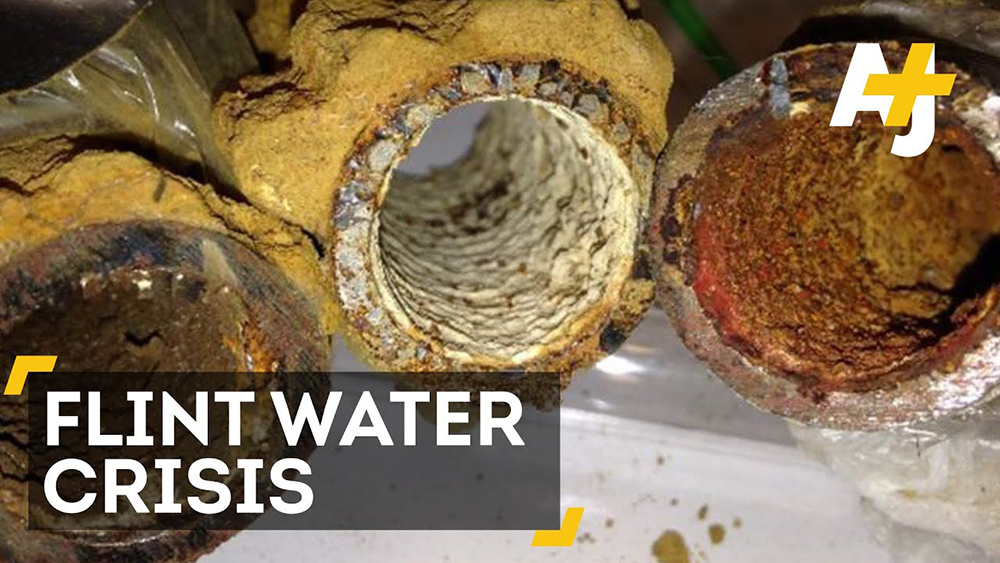Newark natives stood outside of St. Stephens Church to receive a water filter to prevent lead poisoning in their homes. The city has battled with lead poisoning problems lately, and it is becoming an alarming problem. According to an NJ Advance article, Dr. Hanna- Attisha said, “We are never supposed to wait until we see things in children, we are never supposed to wait until we test children.” She spoke to the community at a forum organized by the Newark Water Coalition about the effects of lead poisoning, and how to handle it. She taught them the chemistry of lead when it enters your body, she said, “Once it’s in your blood stream it’s an irreversible neurotoxin,”
According to the NJ Advance article, “Not everyone exposed to lead will have problems, toxic stressors like poverty, poor nutrition and split families can influence lead’s impact on cognition and behavior.” In a recent water test in Newark, 30 percent of the tested sites contained amounts of lead that exceeds the federal action level, although no amount of lead is healthy, the government set a threshold of 15 parts per billion, this an increase from last year’s results.
Authorities do know where the lead is coming from though, and it is not from the city’s water source. It comes from the old underground water pipes, known as lead service lines. These pipes transport water from water mains to the homes of city residents. Kareem Adeem, the acting sewer and water director in Newark said that having high levels of lead for the fifth consecutive monitoring period was no surprise. He said that although the water cleaning process has started in May, there won’t be a decrease of lead in water for a couple of more months, because the purifying is a long process. Residents are infuriated with how this is being handled and there were many comparisons to the crisis that took place in Flint, Michigan. Despite the fact that Dr. Hanna- Attisha said that the comparison is flawed, the problems sure do seem the same. For the sake of the health of Newark’s residents, a solution must be met, and it must be met quickly.
(Ezra Ashkenazi is currently an intern in the Jewish Voice Student Journalist Initiative)





